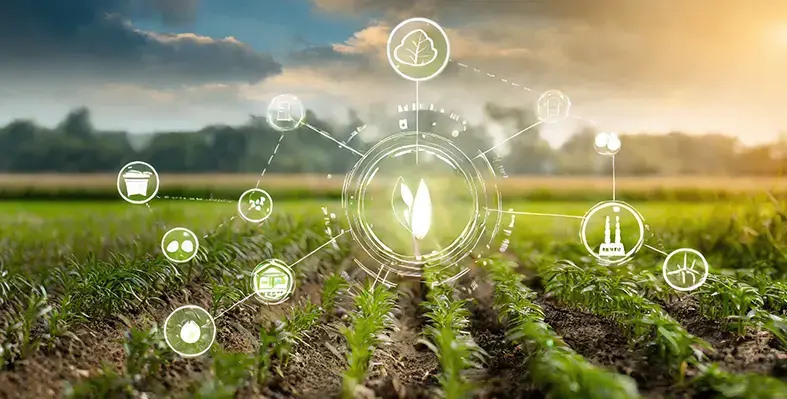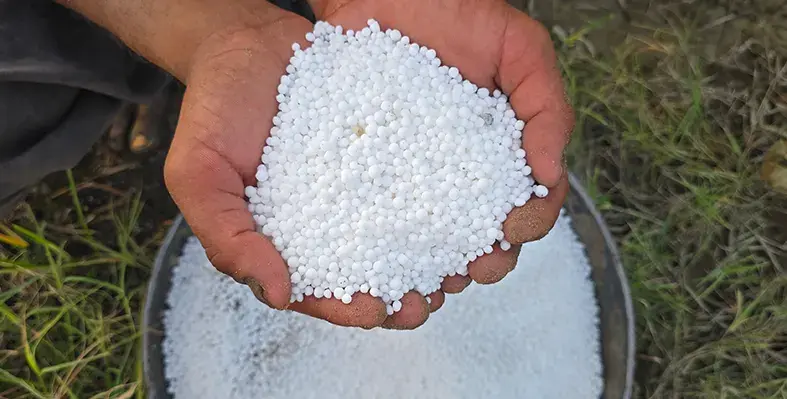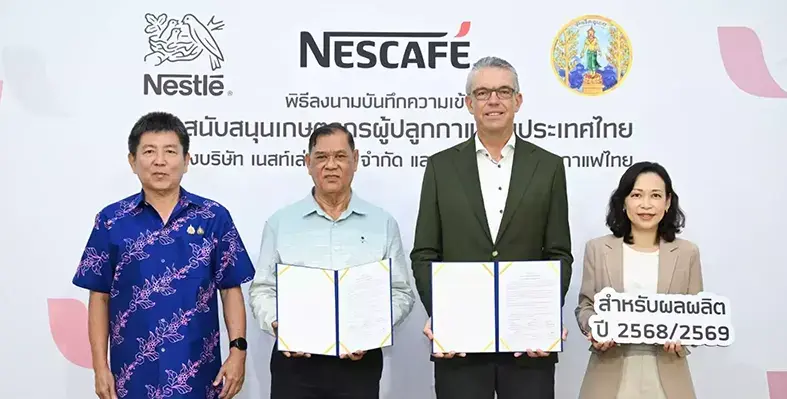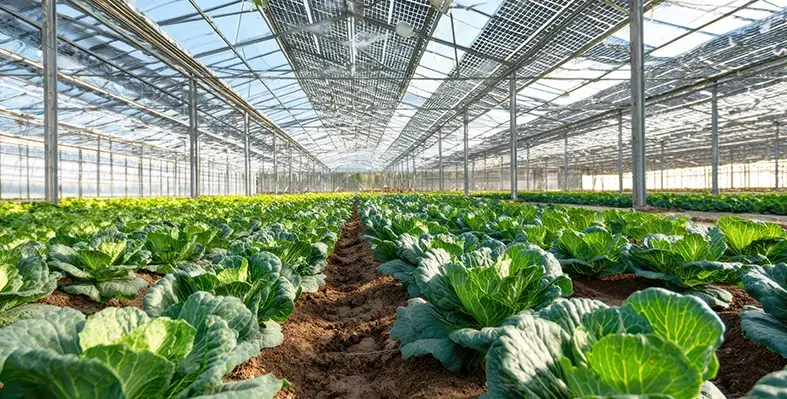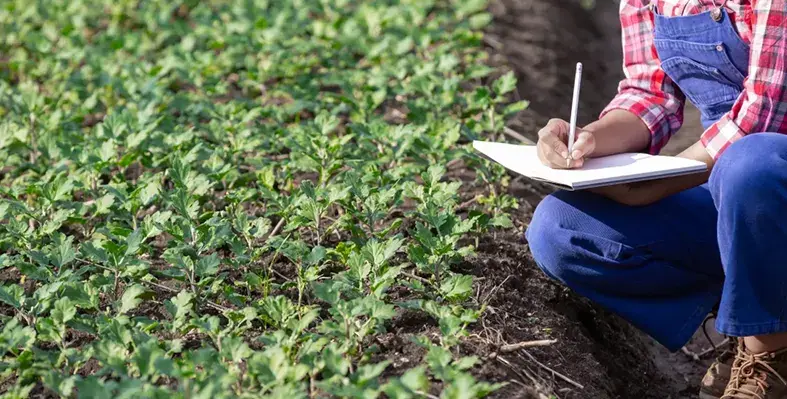
Magüey Green is showing that greener farming can also mean fairer opportunities.(Image credit: Magüey Green)
At Magüey Green, farming innovation goes hand in hand with social inclusion and environmental care
This forward-thinking fertiliser company has made it its mission to support both the land and the people who work it especially those with disabilities. Through sustainable agricultural solutions, Magüey Green is showing that greener farming can also mean fairer opportunities.
"The Magüey Green project was started by Miguel Ángel López, an agricultural production expert, who began developing eco-friendly products to address the issue of nitrate filtration into the Mar Menor," said Juan Antonio López García, the company's manager. "From there, the idea emerged to create a line of fertilizers that help retain water and nutrients in the soil, reducing both environmental impact and input use."
Operating from the Polígono Industrial Oeste in Alcantarilla (Murcia), Magüey Green functions as a special employment centre, offering stable jobs and training for people with functional and intellectual diversity. "We wanted these individuals to have stable employment, training, and a real opportunity for inclusion," López García added. "After presenting the project to the SEPE and obtaining authorisation, we launched this fusion of industrial activity with a social mission, which has now been running for three years."
Inside the facility, workers blend, package, and prepare the company’s signature products. Among them, Fertired stands out as a revolutionary solution for modern farmers. Designed for use in irrigation systems, it helps the soil retain water and nutrients, reducing nitrate leaching and protecting nearby water sources like the Mar Menor.
"Each molecule can retain up to 300 times its volume in water, keeping it available for the plant for about 30–40 days," López García added. "This allows us to reduce water and fertilizer use by more than 30%. In fact, trials conducted in pepper crops have shown efficiency increases of over 50% under greenhouse conditions."
Alongside Fertired, Magüey Green produces certified biofertilisers and natural fungicides that meet EU organic standards. As López García said, "Our goal is not only to improve crop efficiency but also to show that agriculture can foster inclusion and opportunity. We want every litre of product we make to carry a story of sustainability, and of people who overcome challenges every day."



